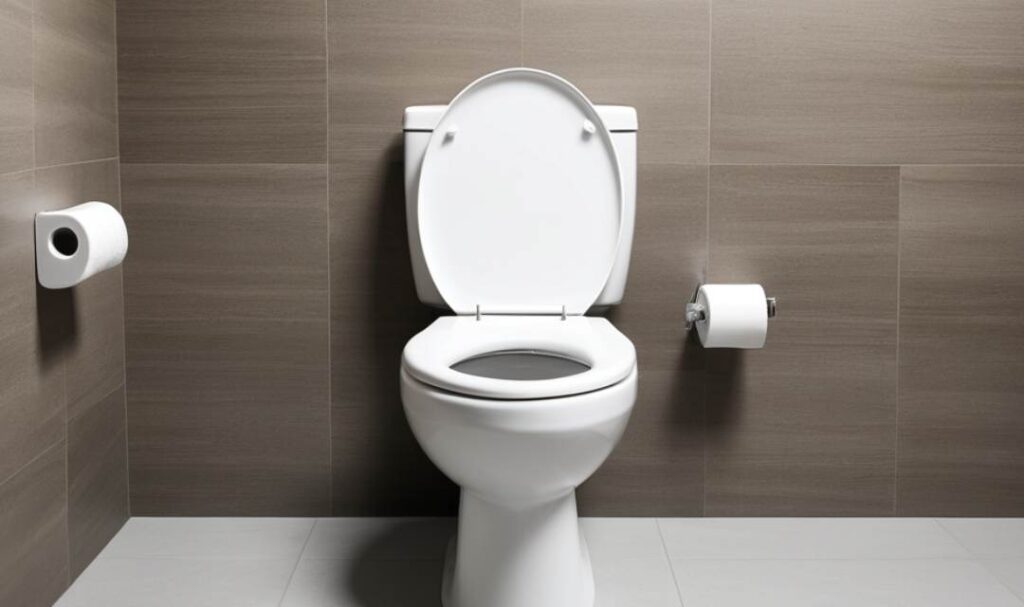Constipation is a common digestive issue that affects people of all ages. It is characterized by infrequent bowel movements, difficulty passing stools, or a feeling of incomplete evacuation. Understanding the causes of constipation can help you take steps to prevent and manage this uncomfortable condition. Here are the top 10 causes of constipation:
1. Lack of Dietary Fiber
A diet low in fiber is one of the most common causes of constipation. Fiber adds bulk to stools and helps them pass more easily through the digestive tract. Foods like fruits, vegetables, whole grains, and legumes are rich in fiber and should be included in your diet to promote regular bowel movements.

2. Insufficient Fluid Intake
Dehydration can lead to constipation, as water is necessary to soften stools and help them move smoothly through the intestines. When you don’t drink enough water, stools can become hard and difficult to pass. Staying hydrated by drinking plenty of water throughout the day can help prevent constipation.

3. Sedentary Lifestyle
A lack of physical activity can slow down the digestive system, leading to constipation. Regular exercise stimulates intestinal contractions, which helps move stools through the digestive tract. Incorporating physical activity into your daily routine can promote regular bowel movements.

4. Ignoring the Urge to Go
Ignoring the urge to have a bowel movement can lead to constipation. When you delay going to the bathroom, the stool remains in the colon longer, where more water is absorbed, making it harder and more difficult to pass. It’s important to listen to your body and go when you feel the urge.

5. Certain Medications
Some medications can cause constipation as a side effect. These include pain relievers (especially opioids), antidepressants, antacids containing aluminum or calcium, and certain blood pressure medications. If you suspect your medication is causing constipation, consult your doctor for alternatives or solutions.

6. Changes in Routine
Traveling, changes in daily routine, or disruptions in your normal schedule can lead to constipation. The body’s digestive system can be sensitive to changes in eating, sleeping, and bathroom habits, resulting in irregular bowel movements.

7. Overuse of Laxatives
While laxatives can provide temporary relief from constipation, overusing them can lead to dependency and worsen the condition. The bowel may become less responsive to natural cues for a bowel movement, making it harder to go without laxatives.

8. Pregnancy
Hormonal changes during pregnancy can slow down the digestive system, leading to constipation. Additionally, the growing uterus can put pressure on the intestines, further contributing to the problem. Pregnant women should focus on a fiber-rich diet and staying hydrated to help prevent constipation.

9. Hypothyroidism
An underactive thyroid gland (hypothyroidism) can slow down the body’s metabolism, including the digestive system. This can lead to constipation as the intestines move more slowly. If you have unexplained constipation along with other symptoms like fatigue and weight gain, consult a healthcare provider.

10. Stress and Anxiety
Emotional stress and anxiety can have a significant impact on digestive health. Stress can alter hormone levels and affect the nervous system, leading to slower digestion and constipation. Managing stress through relaxation techniques, exercise, and adequate sleep can help improve bowel regularity.
